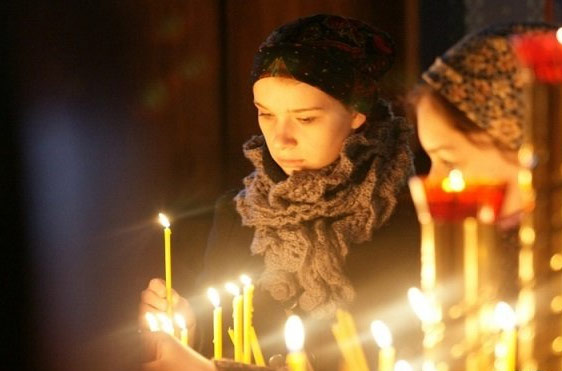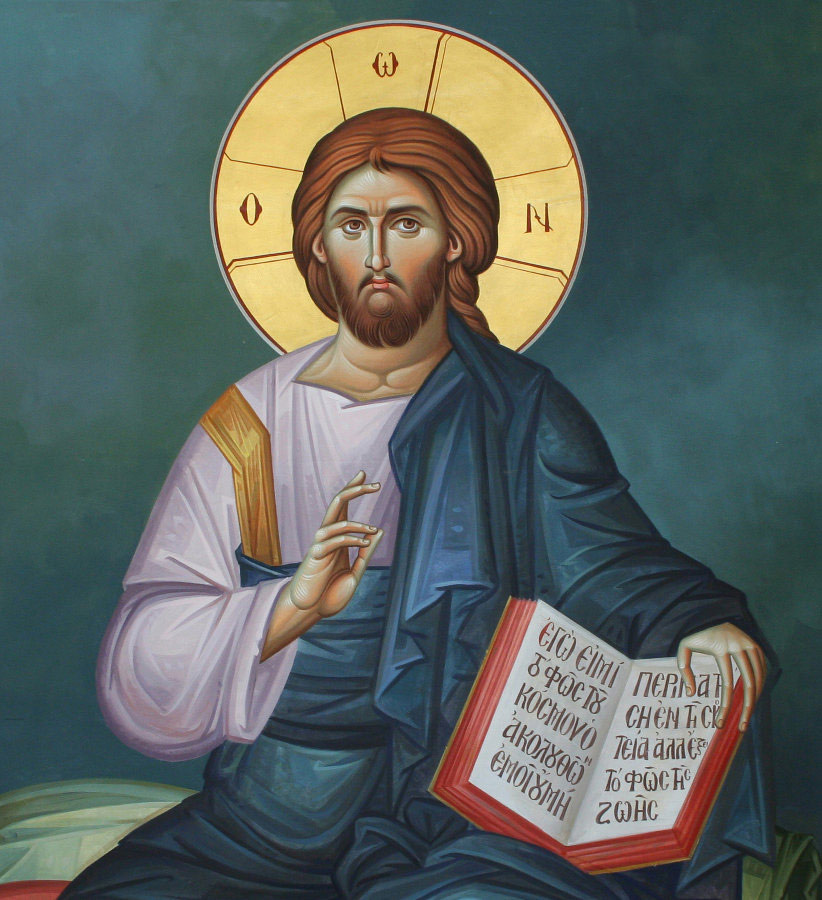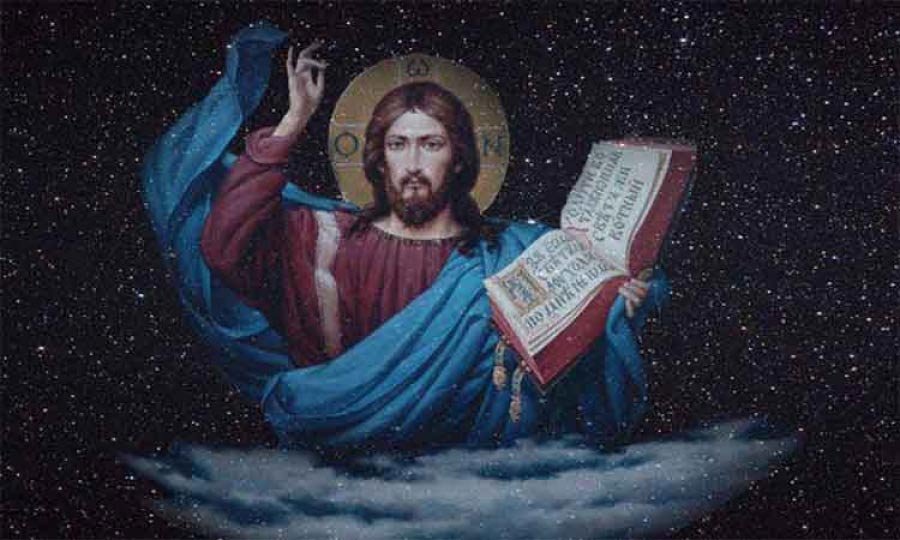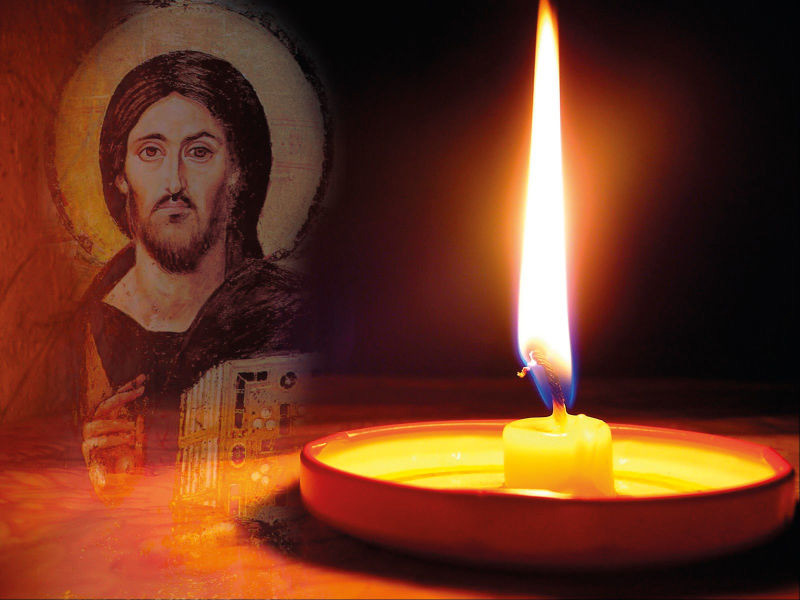- Details

My beloved brothers,
In our previous Homily we tried to explain in simple words what happens and what is recited during the Great Entrance of the Holy Gifts from the Table of Oblation to the Holy Table. Now, as is obvious, the time of the Consecration of the Holy Gifts is approaching. This is why the Church invites once again the congregation to complete yet an other series of prayers and requests.
- Details

After the doxology of the Priest at the end of the first litanies, we address prayers for the Catechumens. The Deacon first exhorts the Catechumens to pray for themselves and then exhorts the faithful to pray for the Catechumens.
- Details

After the Epistle and Gospel is read, and the Sermon is concluded, the Church is compelled to pray for all those devout Orthodox Christians who wholeheartedly accept the word of God. Those who keep the commandments of the Gospel and strive to follow the footsteps of Christ in their daily lives. As the Deacon exhorts the faithful to pray, they respond with the usual "Lord have mercy". The Priest, praying in a low voice in front of the Holy Table, asks God to accept him with a clean conscience to offer the Sacred Mysteries. The Priest is also bound to pray for his fellow believers to partake of the Holy Mysteries without guilt and condemnation, and for them to inherit the Kingdom of Heaven.
- Details

A key part of the Divine Liturgy is the Sermon, which from Apostolic times has been an established part of the Service. The Lord Himself used to speak to the people who were gathered in the Synagogue after reading passages from the Old Testament. St. Luke the Evangelist describes the first sermon of Jesus in Nazareth (Luke 4:16-27). The Holy Apostles also preached during the Eucharistic Meetings of the faithful. A common example of this can be seen in the Acts of the Apostles, when St. Paul preached in Troas until midnight, and the young Eutychus fell from the third story, after having fallen asleep (see Acts 20:7-11). There are Holy Canons which decree that Bishops and Priests (who are presiding over worship) are to teach the word of God to the clergy and people gathered in the churches every day (especially on Sundays). The 68th Apostolic Canon decrees: "Any Bishop or Priest who does not take care of his clergy, and all the rest of the people, and does not teach them the doctrines and works of piety, let him be deposed until he is corrected. But if he persists in his negligence and indifference let him be completely defrocked, for he has proven to be unworthy as a Bishop and Elder-Priest".
- Details

The first Part of the Divine Liturgy, (known as "The Liturgy of the Word") reaches its climax in the hearing of the Word of God. As we know, the Lord Himself not only spoke to people directly, but also sent His Disciples to the surrounding towns and villages to preach His word. Similarly in the Divine Liturgy, the Reader first reads a passage from one of the Apostolic Epistles in the New Testament, and then the Deacon or Priest reads a passage from the four Holy Gospels. It is through this Gospel reading that Christ Himself speaks to us, so we must listen to Him carefully, and not in a passive way. We must also try to keep these words of Christ in our hearts, and conform our lives to them. The Church strives to help its children clear their minds of all outside things, and focus the people on the word of God, which will soon be read. Before the Epistle reading, the Deacon declares to all: “Let us be attentive!” and then comes a second exhortation: “Wisdom!” and another “Let us be attentive.” Before the reading of the Holy Gospel, similar and even more fervent calls to the people are made: "Wisdom. Arise. Let us hear the Holy Gospel. Peace be with all”. Additionally, the priest has a special Prayer which is offered before the reading of the Holy Gospel. It asks the benevolent Lord to give us the pure and radiant light of the knowledge of God, for our spiritual eyes to be open, and for our mind to be able to understand its meaning. It asks that our hearts be planted with a deep respect for His commands, so that we can conquer the carnal passions, and to think and do what pleases our Lord.





